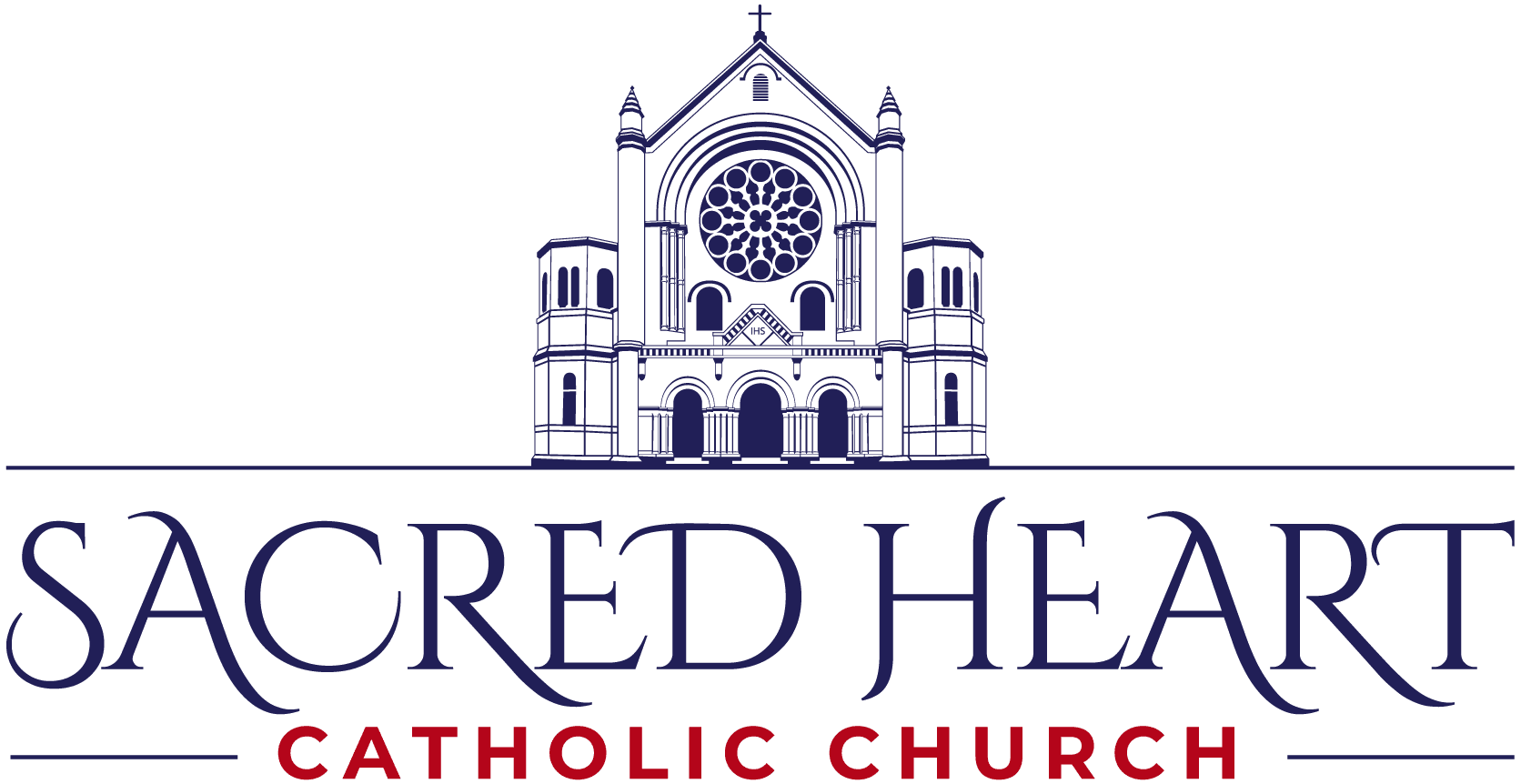The 2016 elections are upon us. Will our choices be the fruit of the lifelong moral reflection, or will it be more influenced by the current tides and winds of political hurricanes? What we can offer for your consideration is the guidance of the US Bishops and some reflections from the Franciscan Friars of Holy Name Province on key moral issues we face as an electorate. Take some time this week and consider these reflections as part of your ongoing formation of the moral conscience.
This booklet from the United States Conference of Catholic Bishops (USCCB) represents their guidance for Catholics in the exercise of their rights and duties as participants in our democracy. All people of good will are encouraged to use this statement to help form their consciences, to teach those entrusted to their care, to contribute to civil and respectful public dialogue, and to shape political choices in the coming election in light of Catholic teaching.
The Revolution of Tenderness reflection tool was put together by Holy Name Province’s Justice, Peace and Integrity of Creation Office using works from Pope Francis, the USCCB, and a coalition of national Catholic organizations. We hope that it will be a useful tool in discerning our role as faithful citizens during this election year.
- Life — We believe that only by defending against all threats to life and creation will Catholics be able to credibly make the case for the culture of life and inclusion.
- Religious Freedom — We must work together to ensure that the religious consciences of all of our people are honored. This, at times, can lead to different perspectives on the freedom of practice of religious beliefs, but our faith challenges us to work together to find the way forward where we maximize the freedom of expression and denigrate no one.
- Racial Justice — Nearly eight years after the election of President Barack Obama, we must acknowledge that racism is still very much alive in our nation, and even in our churches. Individual and structural racism is tearing at the very fabric of our nation.
- Economy — The key economic issue facing the country today is income inequality and the resultant increase in poverty. This is exacerbated by unjust minimum wages, unequal pay for women, lack of federal paid family leave laws, systematic attacks on labor rights, and high rates of unemployment and incarceration among youth and in communities of color.
- Environment — Living simply, protecting creation, and addressing climate change are responses to God’s ancient request that we be good stewards of all that God has given and entrusted to us: clean air, fresh water, and fruits of the harvest. Water is a particularly vital issue to address, as many violent conflicts have been linked to water issues, and many future violent conflicts are likely to be linked to water as well.
- Global Peacemaking — As Catholics who follow the way of Jesus, we are called to humanize even our enemies, not to excuse injustice or violence but to see them as children of God with dignity, with value, with good in them, and with genuine human needs.
- Migration — As Catholics who believe in the sanctity of life, we must not be complicit in the suffering of migrants dying in the shadows. We need to go beyond letters and symbols by doing more community organizing and direct resisting of the structures that implement an unjust transmigration and refugee system.




